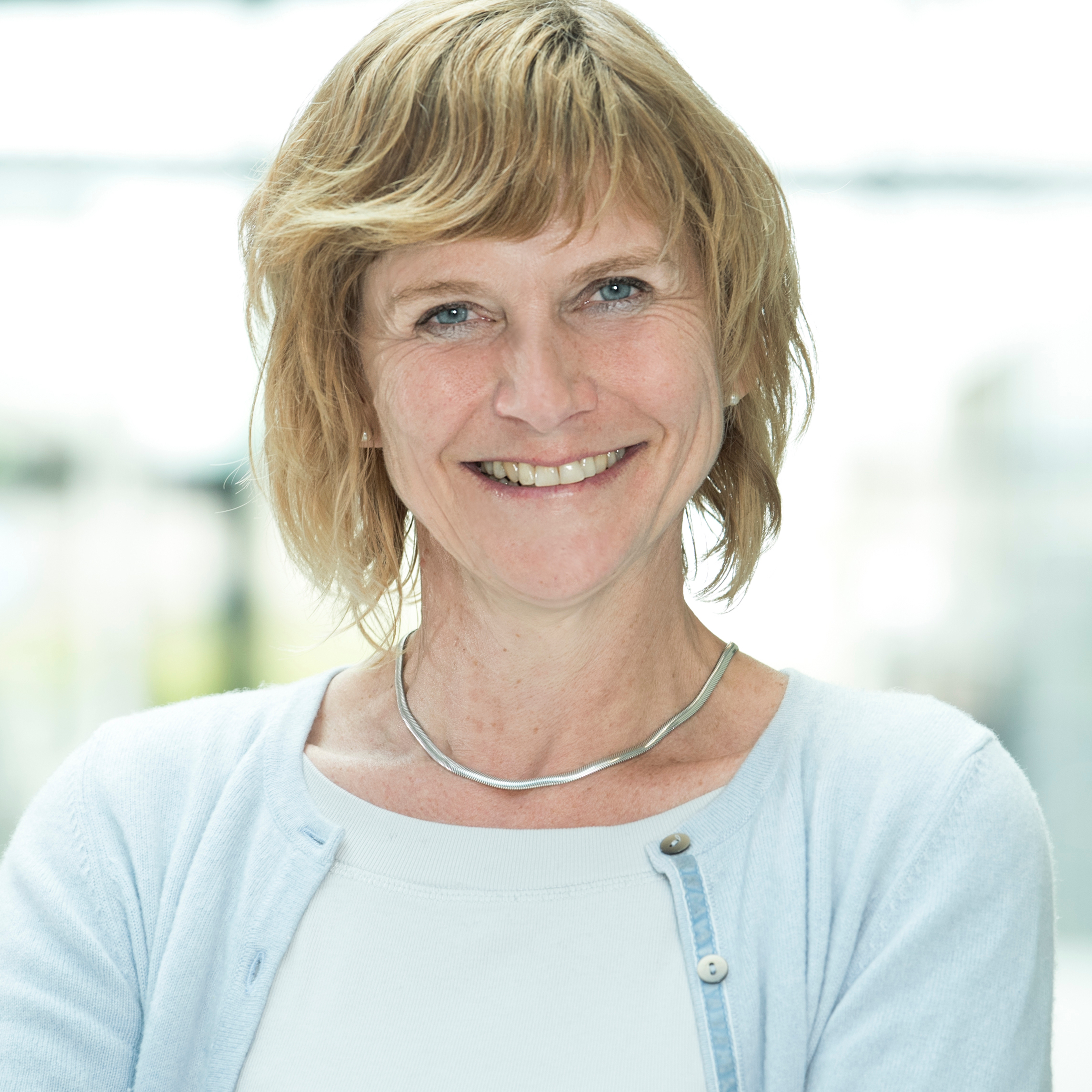Dr Renate Treffeisen
Renate began her scientific career as an environmental engineer at the TU Berlin. During her time in Germany’s capital, she specialised (appropriately enough) in ‘air quality’ and initially focused on particulate emissions in urban contexts.
She subsequently pursued her doctoral studies, with a thesis on tropospheric ozone, and explored how air masses transport pollutants and which factors lead to elevated ozone concentrations. Accordingly, her talents lie in the area of analysis, and she knows a great deal about what is involved in gathering and assessing measurement data. In 2000 this skill set opened the door for a position at the AWI.
During her early years at the AWI, Renate’s work focused on particulates in the atmosphere, and how they find their way to the polar regions. In 2008 she was forced to make a difficult choice and decided not to engage in a research stay in Canada, but to instead become Head of the AWI’s Climate Office, which operates at the interface of science and society. These days, she divides her time between her impressive green roof terraces in Berlin and Bremerhaven.
Although Renate could hardly imagine this change in careers at first, it’s turned out to be a perfect fit. She’s never lost her fascination with measuring equipment and techniques, and her grasp of these aspects serves her well in her current position. In connection with meereisportal.de she is chiefly involved in the conceptual design, structuring of processes, and the development of new ideas to advance the portal’s goals.
How does your scientific background help you in your work for meereisportal.de?
In the context of knowledge transfer, I think it’s important to understand how researchers work, and the nature of their workloads. Their top priority is their own research, and everything else, like the requests we have for meereisportal.de, essentially boil down to additional work. It helps that I’ve personally worked as a researcher and therefore know how exhausting, say, an expedition is, and that you can’t always find time to prepare content for our meereisportal.de. Insights like this help me plan our collaborations more realistically, and to keep the researchers’ limits in mind.
Which abilities help you most in your work?
First of all, you need organisational skills, need to enjoy this type of work, and a good deal of stamina. The other thing you need, and what I’m known for among my colleagues, is a vision of what could be achieved. Pursuing that goal, and not settling for less, is an ability that can truly help in this type of liaison work.
Do you need to have a solid grasp of the finished product in order to successfully realise a knowledge transfer project like meereisportal.de?
Well, you definitely have to be convinced that this type of work is important. In the beginning, we had no idea what meereisportal.de would eventually look like. But we had the research focus on sea ice at the AWI and the vision that we needed a way to ‘advertise’ our research and expertise in order to gain awareness among the German public. You need to have a clear goal in mind in order to complete that kind of project. And as we can see today, it worked: the site now draws up to 800 visitors a day, plus we have regular users who check the sea-ice maps frequently and are quick to contact us if the maps haven’t been updated yet.
If someone asked you what you actually do all day, the answer would be…?
That I do everything I can to introduce people to our exciting and essential research, and to show them how research actually works. After all, research takes time and is constantly evolving; it’s fuelled by curiosity, and every step in the process is important.

Dr Renate Treffeisen
Environmental Engineer
Head of the AWI Climate Office
AWI
